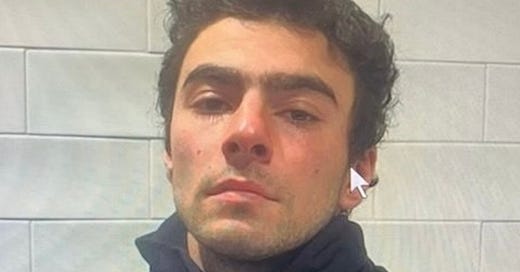America's vibe shift
A CEO murder has exposed deep rage, revealed how out-of-touch the media is and created a rare unifying moment. Will it bring lasting change?
Last Wednesday a man armed with a gun, ambushed and fatally shot UnitedHealthcare CEO Brian Thompson on a Manhattan street.
The almost immediate response from many was glee. A corporate overlord was experiencing the “find out” part of the adage that begins with “f*ck around”, some said.
Thompson, his company and their profit-centric policies were responsible for corporate manslaughter, they claimed, as they took to comments sections to leave laughing emojis and vent their fury.
Thoughts and prayers were “out of network” or had not been “pre-authorised” they wryly wrote, mocking the well-worn reasons used to deny claims for life-saving care in the United States’ privatised system.
The callous nature of the response stunned the media, and proved how deeply disconnected they are from America’s experience of the health insurance system.
News brands from across the spectrum, from The New York Times and CNN to right wing firebrands like Ben Shapiro and Megyn Kelly, framed the applause as vu…
Keep reading with a 7-day free trial
Subscribe to highly flammable by Rachel Richardson to keep reading this post and get 7 days of free access to the full post archives.




